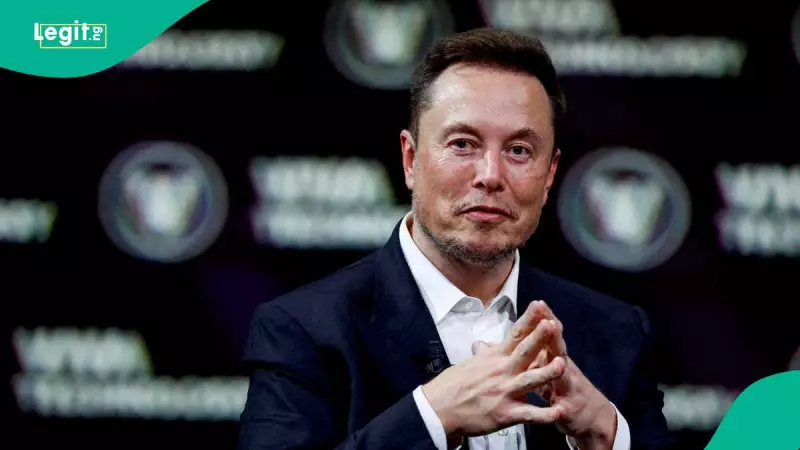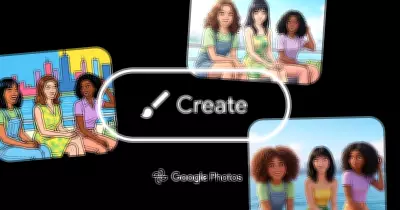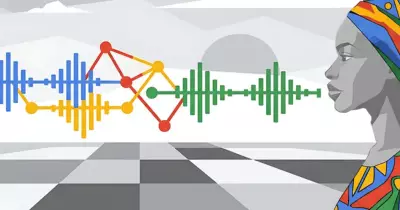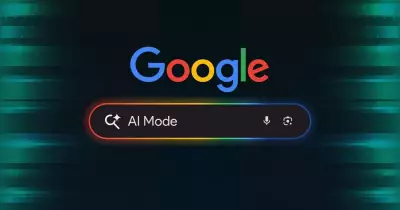
Tech billionaire Elon Musk has thrown down the gauntlet in the world of online information with his latest ambitious project. Through his artificial intelligence company xAI, Musk is launching Grokpedia - a direct competitor to the long-dominant Wikipedia that promises to revolutionize how we access and verify knowledge.
What Makes Grokpedia Different?
Unlike traditional Wikipedia which relies on human editors and often faces criticism for bias and slow updates, Grokpedia leverages cutting-edge AI technology to provide real-time information verification and updates. The platform aims to address what Musk describes as "left-wing bias" in conventional knowledge sources while offering more dynamic content.
Nigerian Tech Community Reacts
The announcement has sparked heated debates across Nigeria's vibrant tech community. Many young Nigerian professionals and students are excited about the potential for more accessible, up-to-date information that better represents global perspectives.
"This could be a game-changer for African content online," said Chinedu Okoro, a Lagos-based software developer. "Wikipedia sometimes feels like it's written from a Western perspective. If Grokpedia can incorporate more diverse viewpoints, it would be revolutionary for Nigerian students and researchers."
The Wikipedia Challenge
Grokpedia enters a space where Wikipedia has reigned supreme for over two decades. The free encyclopedia currently boasts millions of articles across hundreds of languages and represents one of the internet's most trusted resources. However, critics argue it has become increasingly politicized and slow to adapt to rapidly changing information landscapes.
Musk's platform promises to address these concerns through:
- AI-powered real-time fact-checking
- Reduced human editorial bias
- Faster updates on breaking news and developments
- Integration with current events and social media trends
Mixed Reactions from Nigerian Users
While many welcome the competition, some Nigerian academics and researchers express caution. Dr. Amina Bello, a professor at University of Lagos, worries about AI-generated content accuracy.
"We need to be careful about replacing human expertise with artificial intelligence, especially when it comes to historical and cultural content relevant to Africa," she warned. "The wisdom of crowds has served Wikipedia well, and we shouldn't abandon that model too quickly."
Meanwhile, young Nigerian tech enthusiasts are overwhelmingly optimistic. Social media platforms across Nigeria are buzzing with discussions about how Grokpedia could transform research, education, and access to information for the next generation of African innovators.
As this digital knowledge war heats up, one thing is certain: the way Nigerians and the world access information online might never be the same again.





